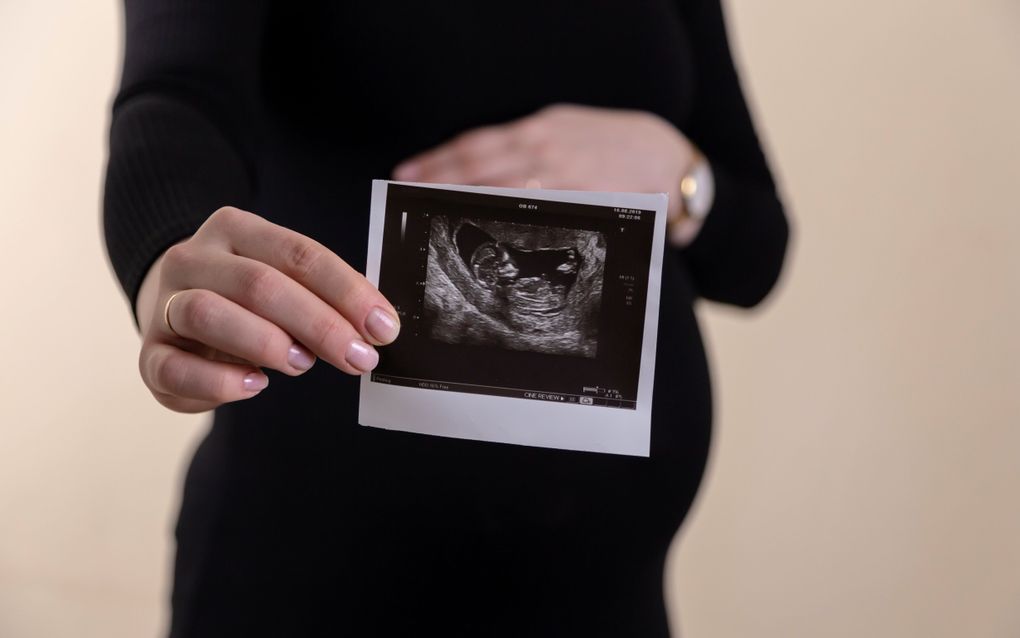Dutch experts critical of Dutch expansion prenatal screening

Photo Unsplash, Volodymyr Hryshchenko
Western Europe
The expansion of prenatal screenings has been negligent. Therefore, the Dutch Health Council should examine it again, two ethicists and a judicial expert argue.
Since 2017, all pregnant women have been offered a so-called non-invasive prenatal test (NIPT), Dutch daily Reformatorisch Dagblad reports. The test aims at checking whether the foetus has the syndrome of Down, Edwards, or Pataus. In addition, the NIPT can incidentally find several different disorders in the child and its mother. Women can choose whether they want to know the results.
Currently, the test is only available for research purposes. However, the government wants to change it into a regular test after April next year. The Dutch health minister wanted to know whether the incidental findings should also be on the record of test results. The Dutch Health Council confirmed that that was possible. However, it added that the incidental findings of disorders in unborn children should only be recorded if the mother wants to and in the case of severe health consequences for the child.
According to Prof. Wybo Dondorp, an expert in biomedical ethics from Maastricht University, the advice of the Health Council basically means that prenatal screenings are expanded. Therefore, he argues that the introduction of the NIPT is negligent. "When expanding the screenings, you must consider what it should detect and should not. Now, the range of the tests is expanded enormously under the guise of "incidental findings."
The NIPT can also find disorders in the placenta which increase the risk of, for example, premature birth, low birth weight or pre-eclampsia. According to Dondorp, that is interesting, because that way, a woman can take preventive measures. However, that also means that the purpose of the test changed. It is used not only to decide whether a woman wants to continue the pregnancy but also to promote the child's health, he says. "How would you do that with the same test? That requires a lot of care."
More tests, less Down Syndrome
It is too early to say that the introduction of the NIPT has led to a decrease in children born with Down Syndrome. That is what researchers say, according to the Reformatorisch Dagblad. However, it has been proven that other prenatal tests did result in a decline of children with Down Syndrome.
In 2017, of every 10,000 children, 11 were born with Down Syndrome. In 2018, this number declined to 10 per 10,000 births. That is shown by research in 2021. However, Gert de Graaf, from Stichting Downsyndroom (Down Syndrome Foundation), nuances that it is too early to say that this is a new trend. "There are always differences in statistics."
However, De Graaf does conclude that the number of children with Down Syndrome has declined since 2002. In that year, hospitals started offering a combined test to young women. "In general, you can see that there are fewer children with the Down Syndrome being born if the number of available tests increases. Yet, you also see that a group of Dutch women consciously declines to have a test for Down Syndrome."
From his research, De Groot concluded that in 2018, about 85 per cent of the pregnancies in which Down Syndrome was detected by prenatal screening ended in an abortion.
Decline
Belgian statistics show that the NIPT does lead to fewer children being born with Down Syndrome. In Belgium, the NIPT has been covered by health insurance since 2017. That year, 42 children with Down Syndrome were born. In 2018 and 2019, that number declined to 28. That is a decrease of more than 33 per cent.



